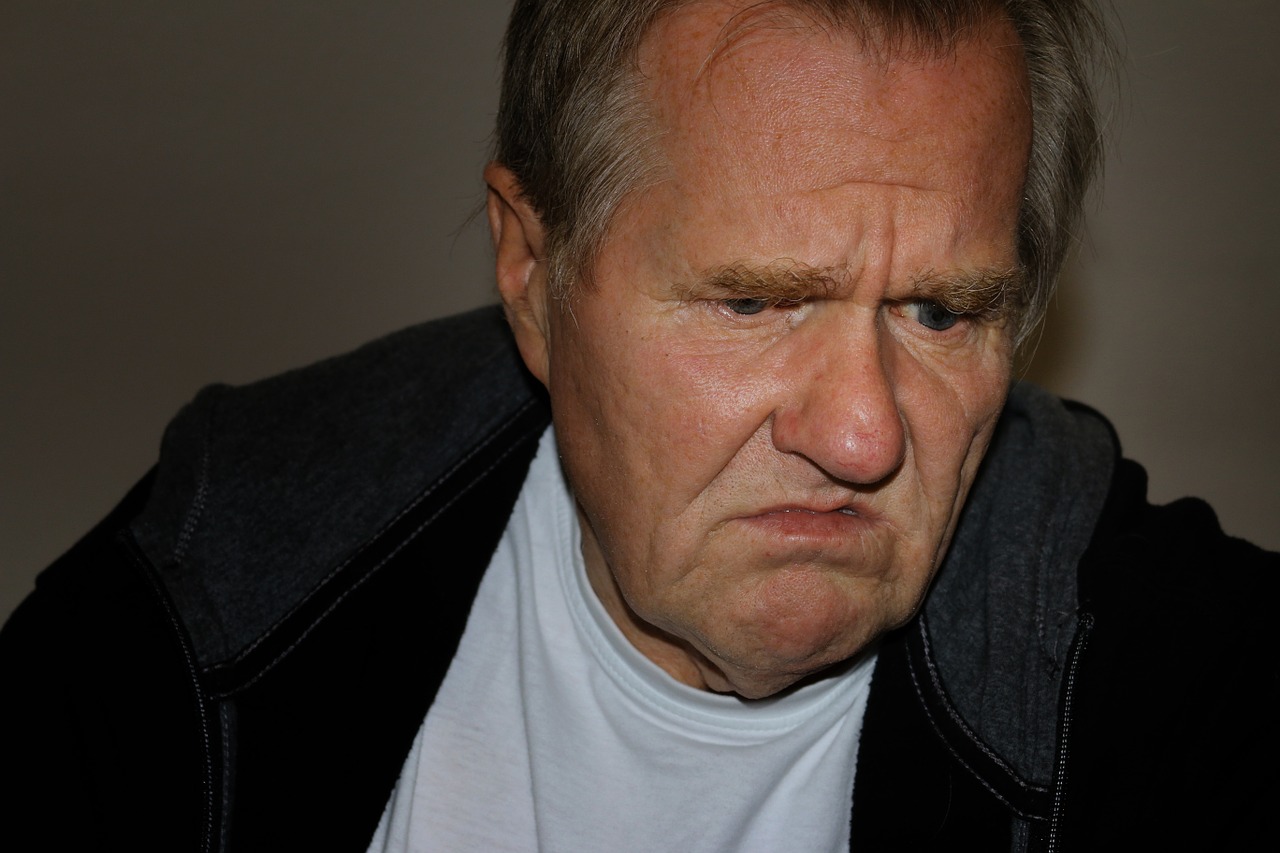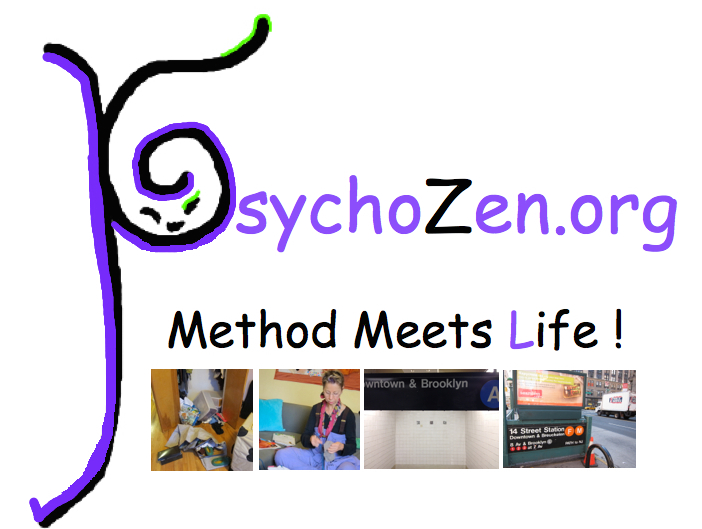Really Undoing Racism
 The parade of slayings and obscene statistics have finally yanked our attention to the crime of racism in America. Eyes open, horrified and heartbroken, we march and protest. "Black Lives Matter!" chant Whites and Blacks together, coming together to rise up and defeat the oppressor, or at least get him to put a camera on.
The parade of slayings and obscene statistics have finally yanked our attention to the crime of racism in America. Eyes open, horrified and heartbroken, we march and protest. "Black Lives Matter!" chant Whites and Blacks together, coming together to rise up and defeat the oppressor, or at least get him to put a camera on.
Several months ago, during a formal conversation on healing racism, a zen teacher--Kodo Sensei, the first Black woman to receive dharma transmission, asked a question that sounded to me like "What's in it for White People?" The question spun itself around in my guts like a sharply angled koan.
For one thing, White people want to fight racism because we want to be good, and we feel bad about injustice. Guilty White people go to Undoing Racism workshops, where institutional racism is dramatically demonstrated and Whites are prompted to admit their collusion in a racist culture. Because we want to be good, we struggle to use language that does not offend, even if conversation grinds to a standstill--truth and humor and curiosity run under the bus of political correctness. Because we want to be good, we try to help poor people of color through charities that feed and clothe or even educate, not noticing that we are subtly savoring and perpetuating the power disparity.
For another thing, many of us have have been marginalized or bullied for other reasons and identify as outsiders. I have always believed that all of us who are not part of the dominant culture--queers, old women, the disabled, people of color--should join together, should rise up, should find ways to understand each other, to find commonality in rejection and exclusion. When I attended Undoing Racism, I saw other Whites taking this approach, some believing that they weren't White because they were gay or female or even because they were raised by a Black nanny. One of the leaders joked about the oppression olympics, how we all compete to be the underdog. So much better to be fighting oppression than to be the oppressor.
And finally, if you sit in meditation or practice any religion deeply the feeling of interconnectedness generates a desire to heal the disease of racism. Joy De Gruy argues convincingly for a diagnosis of Post Traumatic Slave Disorder to describe the self-loathing and other psychological consequences of centuries of oppression. White people can feel the pain of PTSD and we want to heal, to dismantle the corrupt economic and social structures that perpetuate subjugation.
Rather, some White people do. What about those who don't? The enforcers and perpetrators--cops and guards, the politicians in the pockets of corporations, the one percent? What's in it for them? Do we just need to conquer them, take them out of power?
The Undoing Racism workshop was led by a male preacher who repeatedly shut women down, telling one "we don't have time to baby people" when she inquired about "safety." She left, so that was that. Later, I observed more than an hour of conversation that included only males, despite the disproportionate number of women in this as in many enterprises that involve self-sacrifice or masochism--social work, dance, motherhood, and so on.
There is no them. We are all capable of crushing other humans given the right conditions. Tutsis, Hutus, Israelis, Texans, Syrians, Liberal Elitists, Priests, Gurus and Teachers, Parents, Teenagers, Women and Men. The list of categories is endless and includes all of us, without exception.
To heal racism we need to heal the oppressor. As a psychologist I see considerable unhappiness among the privileged. If we accept the notion of Post Traumatic Slave Disorder, then I propose a parallel Post Traumatic Oppressor Disorder with symptoms so normative that we don't notice. As a starter: alienation (where do I belong?), dissociation (too many feelings! shut 'em down!), anxiety (what if they take my stuff?), guilt, and physical disorders influenced by stress including hypertension and pain syndromes such as back pain, gut pain, and migraine. Researchers have found empathy to be inversely related to wealth, and lack of empathy cuts us off from our humanity, which does not feel good. All the gadgets, toys, and other forms of entertainment are in place to keep us from noticing, but no one succeeds in wiping out all quiet moments and when they come, watch out.
How do we heal the oppressor? Our Zendo is exploring how to become intimate with the roots of oppression and cultivate forgivingness and healing. Taking the backwards step, feeling the desire for power, feeling the greed, and not taking action, this is something different. What would it be like if the holders of power in this country stopped trying to get more power and just sat down, realized that they have everything they need and started giving away everything that someone else needs way, way more than they do?
It's a long road to heal racism. Yes, we need social action towards justice, but, like self-improvement, social change participates in the dialectic. The pendulum swings. Enemies change their masks and take up spears or words or whatever and create more injury. Ultimately, we end greed, anger, and ignorance not by fighting them but by eating them all up.
[posted September 2015]

 Share Article →
Share Article →
Reader Comments